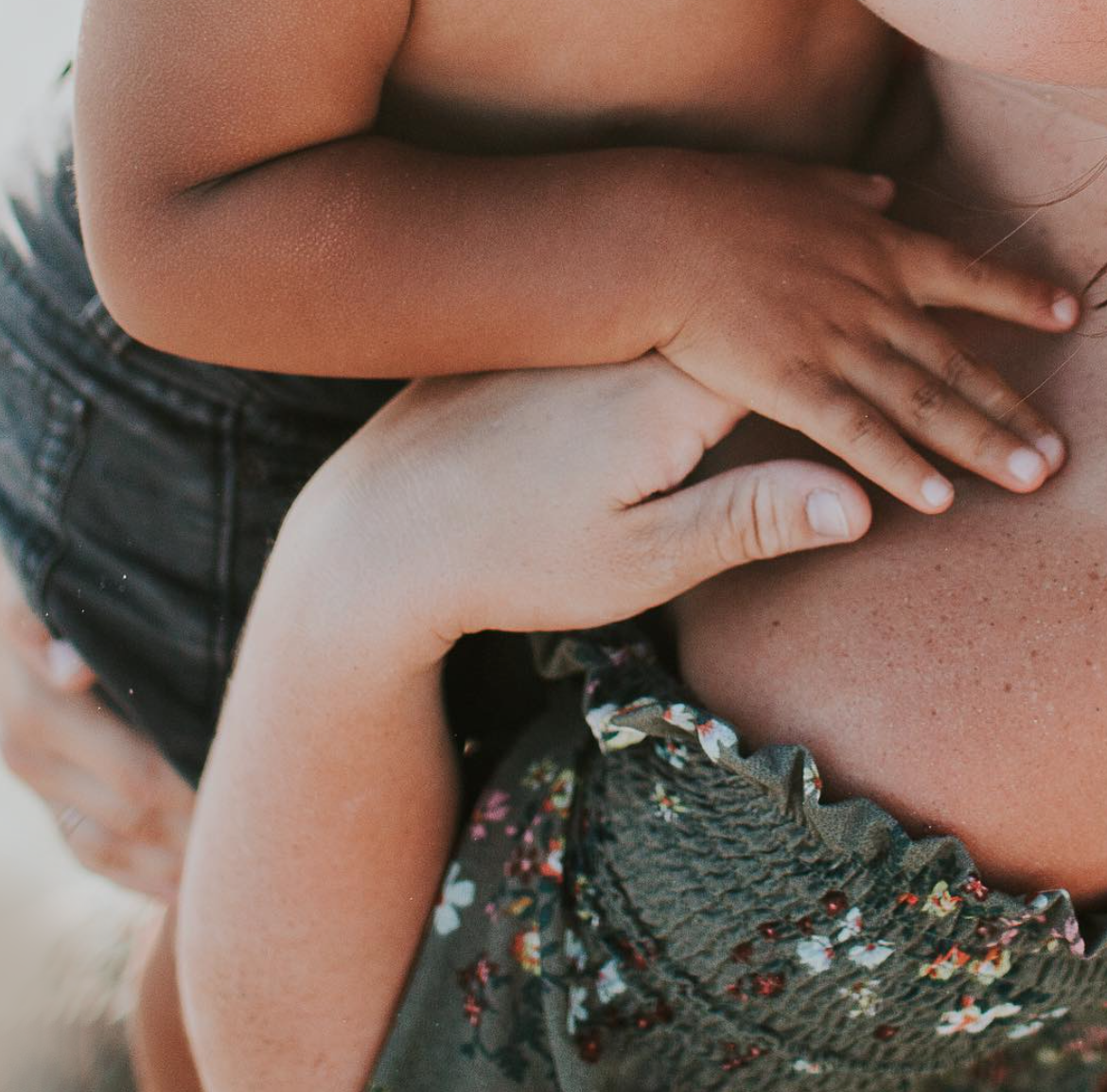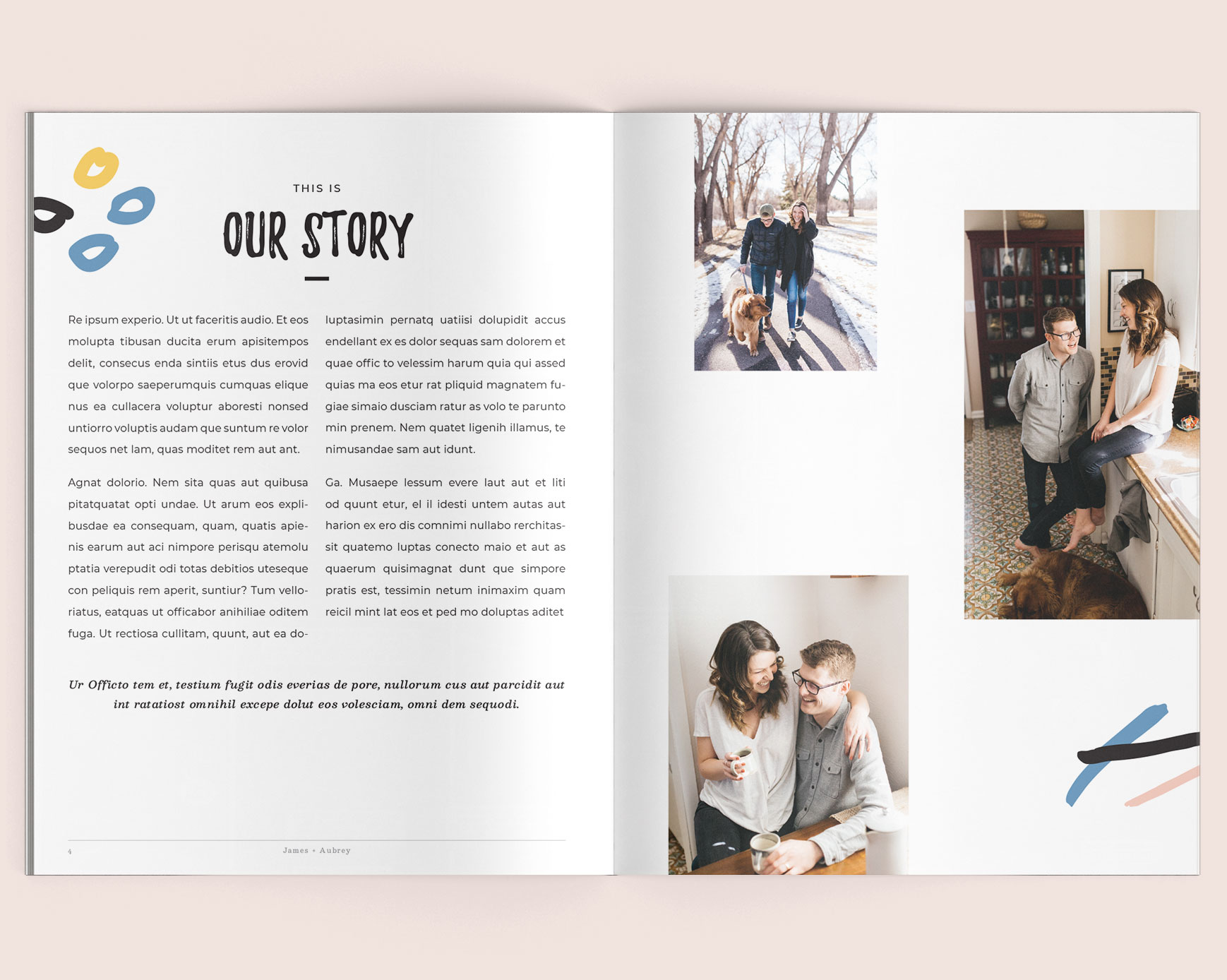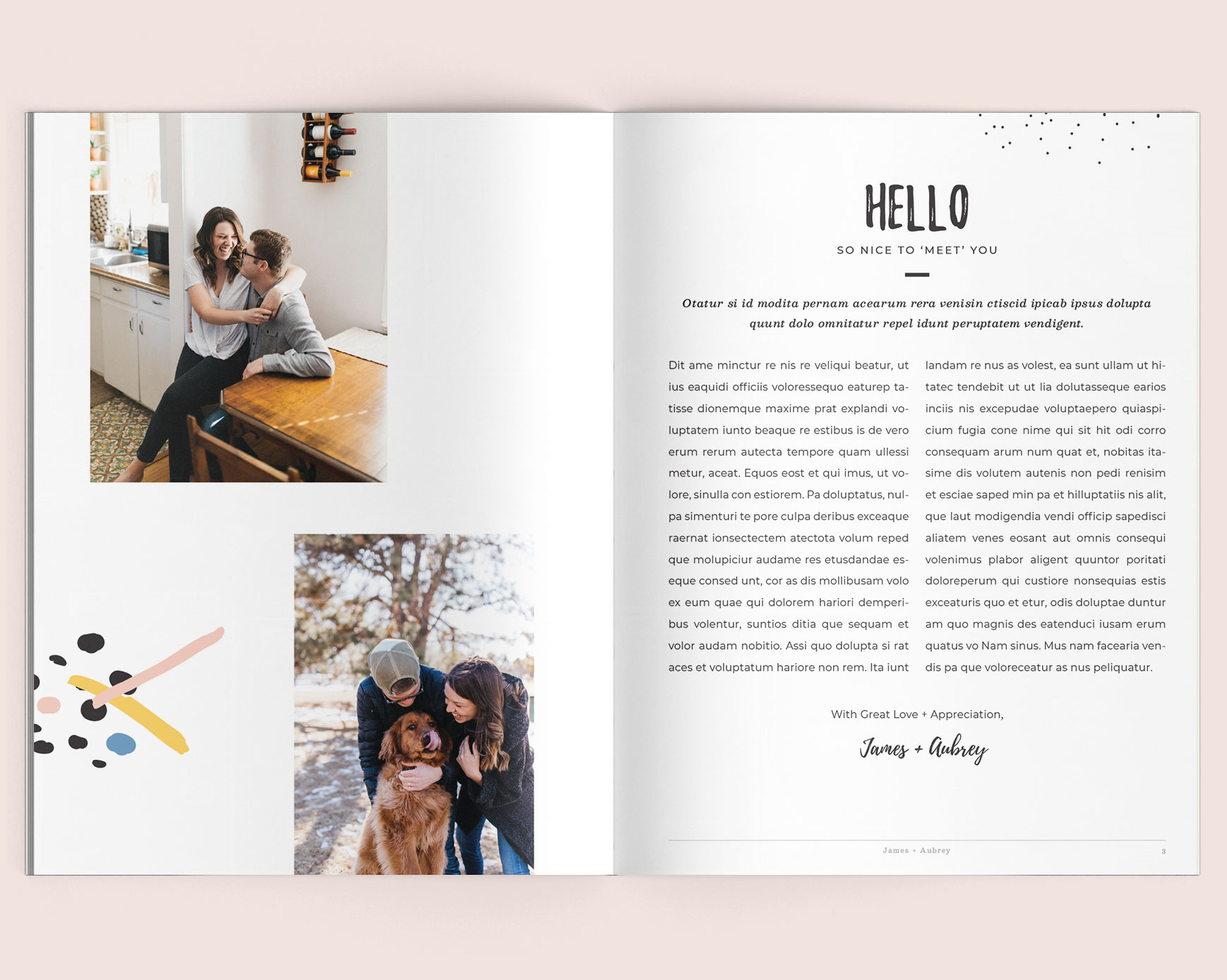I love This is Us. We don’t have cable, so I am always anxiously awaiting when the newest episode pops up on Hulu, and often use it as an incentive to get my work done, whether it’s writing or things around the house, and reward myself after. It only took one Facebook status to completely ruin an episode and major plot point of another favorite show of mine, Downton Abbey, to make me write facebook statuses like this: “Listen to me. Don’t let these cute heart balloons fool you. If one of you posts a spoiler for This is Us, our friendship is over.”
I know, I can get a bit passionate about things I love. But I bet every single one of you has had something like a TV show or movie or big game be spoiled for you before, and isn’t it disheartening and defeating, especially when it’s something you are really looking forward to experiencing for yourself? You might still see it, but it’s just not the same. You heard the ending or the plot point completely out of context, and already go into it with thoughts and feelings and questions because you don’t fully understand why this is happening. We are a culture who loves a good story and hates spoilers.
 Two white parents with a Japanese son – we draw attention. People are inquisitive and want to know how exactly this came to be. They love a good story. So naturally, people will ask, “Is he adopted?” And a simple “Yes” doesn’t suffice for some people. Instead of leaving it as, “Cool, adoption is the way you grew your family,” there is a 95% chance I will get the follow-up question: “Do you know anything about his real mom?”
Two white parents with a Japanese son – we draw attention. People are inquisitive and want to know how exactly this came to be. They love a good story. So naturally, people will ask, “Is he adopted?” And a simple “Yes” doesn’t suffice for some people. Instead of leaving it as, “Cool, adoption is the way you grew your family,” there is a 95% chance I will get the follow-up question: “Do you know anything about his real mom?”
We’ll discuss that term “real mom” another time. But what I want you to know is this: I am the guardian of an incredibly important story. A story that is not mine to share. A story that involves deep loss, hurt and pain. A story that involves more than just me. A story that is intertwined with multiple lives. There is no way I could tell my child’s story without revealing details of his birth family, some of which he doesn’t even know fully yet because he is not at an age where he can understand or process those things. It would be incredibly unfair for a host of other people to walk around with my son’s story and know more about his own history than he does himself at this point.
We began pursuing our international adoption process in 2013, and based on our own backgrounds in social work and the wisdom of other adoptive parents and voices of adoptees, we knew that he should be the first to know about his story. With an international adoption, we don’t have all the pieces. There are many missing, and that is hard to explain and understand. But the pieces that we do have, we are the guardians. It is our job to make sure that none of those go missing, that they aren’t taken or given away. What we never want to happen is have the pieces scattered about so much that there is this massive spoiler alert about his story, but instead of him being in control, the alert is for him. What we never want is for other people to give him pieces that he doesn’t understand, pieces given out of context, causing more confusion, misunderstanding, and unnecessary pain. Pieces that are the deepest part of him, yet everyone else knows and he hasn’t had time to put it together and experience it for himself.
 As an adoptive parent, I live in this constant tension. There is still so much work and education to be done about adoption and foster care, and I feel it’s part of my job to keep educating rightly about adoption. To dispel all the myths and correct the language, to make things better so that maybe, hopefully, my son won’t have to answer these kinds of questions when he’s older. At the same time though, when we first brought our son home at five months old, I was tired for really those first two years. I hated that I was constantly having to explain our family simply because our son didn’t share our DNA, and though I knew the majority of these questions weren’t coming from a hurtful place, I started to think about the ramifications of my responses after shooting back a really sarcastic comment to a stranger who asked a very personal question when my son was just shy of a year old.
As an adoptive parent, I live in this constant tension. There is still so much work and education to be done about adoption and foster care, and I feel it’s part of my job to keep educating rightly about adoption. To dispel all the myths and correct the language, to make things better so that maybe, hopefully, my son won’t have to answer these kinds of questions when he’s older. At the same time though, when we first brought our son home at five months old, I was tired for really those first two years. I hated that I was constantly having to explain our family simply because our son didn’t share our DNA, and though I knew the majority of these questions weren’t coming from a hurtful place, I started to think about the ramifications of my responses after shooting back a really sarcastic comment to a stranger who asked a very personal question when my son was just shy of a year old.
One day, he is going to be fully aware. He is going to hear my conversations. He is going to hear those questions, and not only will he hear my responses, I am modeling responses for him. He is listening and watching, and I’m teaching him how to navigate these questions related to his story for better or worse. He’s five years old now, and we are thick in the throes of this season.
Though I am still growing and always learning myself, I want to encourage you, foster and adoptive parents, you are the guardians of your child’s story. That is a heavy weight and a mighty privilege, and we cannot forget that. So how do we do this? How can we educate well, navigate the questions, while still maintaining our child and their birth family’s story?
First, I believe there are layers to being the guardian. Yes, we want our son to be the first to know about his story. No one in our family knows all of the details, but over the past couple of years, as our son has received pieces from us that he is processing, we realized we needed to prepare some members of our family who see him often that he might say something about his story, and we wanted them to know how to best respond. They still don’t get the full picture, but in certain seasons, we have had private conversations with them to say, “Hey, there are some big emotions being processed right now. If he says this or talks about that, just listen. Let him have a voice, thank him for sharing, then point him back to talking about this with mommy and daddy.”
We also let him know that these family members have this information, but it is his story. He doesn’t have to share or talk about anything with them when he doesn’t want to, but they are safe, and ultimately, as his mom and dad, we will process with him and answer honestly any question he has. So if someone asks us a question, I first have to look at who I am talking to. If it’s one of those family members, I need to decide what piece actually needs to be given, if any, and for what purpose. If it is a friend or a stranger, though, I owe them no explanation. I can respond politely and use this as an opportunity to educate and model a right response for my son.
 We could spend days on this topic, but I wanted to leave with you something practical. First, if you are not having open and honest conversations with your children about their adoption, I’d strongly encourage you to start now. We have generations of adoptees who were not told the honest truth about their stories, and that has done so much harm. Start early, speak honestly, positively, and without judgement. As tempting as it might be, don’t withhold the most difficult of things. You know your child, and as the guardian, you are going to have to determine when they are ready for certain pieces. Put them together, and talk about them together as often as needed. A great way to do this is creating something like a life book that tells their story, though this will grow with age.
We could spend days on this topic, but I wanted to leave with you something practical. First, if you are not having open and honest conversations with your children about their adoption, I’d strongly encourage you to start now. We have generations of adoptees who were not told the honest truth about their stories, and that has done so much harm. Start early, speak honestly, positively, and without judgement. As tempting as it might be, don’t withhold the most difficult of things. You know your child, and as the guardian, you are going to have to determine when they are ready for certain pieces. Put them together, and talk about them together as often as needed. A great way to do this is creating something like a life book that tells their story, though this will grow with age.
Second, I want you to consider these questions before you respond to someone’s personal question about your child’s story:
Questions to Ask Yourself Before You Respond:
- Does my child already know the answer to this question?
- Would my response be honoring to my child and their birth family?
- Is my response something that I would be ok with someone else knowing, holding, and possibly sharing with someone else themselves?
- If my child or a member of their birth family found this response or story somewhere else, either online or through another person, how would that make them feel? Would it affect my relationship with them?
- Would this response empower my child?
Lastly, I wanted to give you some of our straight-up scripted responses. Practice this with your spouse – I know firsthand it is all to easy to say too much when caught off-guard or pressured. If your child is old enough, practice this with them as well, have conversations to practice outside of the moment.
General Responses to Personal Questions
“We don’t share details about that. That is my son’s/daughter’s story, and we want him/her to be the first to know.”
“I know you’re curious, but that’s something that really needs to be processed together as a family first.”
“Adoption and foster care is beautiful, but it’s also really hard. Our son/daughter has overcome a lot, and we want it to be their story to tell if or whenever they choose to share it.”
“That’s really something that’s personal to my child and their birth family, and I want to make sure I honor that relationship and keep it just between us.”
“For your child, they can say something simple like, “That’s not something I want to share right now.”
No one expects you to be perfect, but together we can do better. I hope this helps you as you navigate through the seasons of being the guardian of your child’s story. No spoiler alerts needed.
 Christa is a wife, mom via adoption, coffee consumer, and Mary Poppins wannabe. A born and raised Texan, she is doing all the things she said she never would, like homeschooling, going gluten and dairy-free, using essential oils like they are going out of style, and writing her first book. She and her husband are both former social workers-turned-writers and entrepreneurs. She loves sharing about the joy and pain of adoption and helping to prepare others along the way. She keeps it raw and real, and you can find her rocking the mom-bun, making more coffee, and processing through words on her blog at spoonfulofjordan.com and other real-life shenanigans over on Instagram @spoonfulofjordanblog.
Christa is a wife, mom via adoption, coffee consumer, and Mary Poppins wannabe. A born and raised Texan, she is doing all the things she said she never would, like homeschooling, going gluten and dairy-free, using essential oils like they are going out of style, and writing her first book. She and her husband are both former social workers-turned-writers and entrepreneurs. She loves sharing about the joy and pain of adoption and helping to prepare others along the way. She keeps it raw and real, and you can find her rocking the mom-bun, making more coffee, and processing through words on her blog at spoonfulofjordan.com and other real-life shenanigans over on Instagram @spoonfulofjordanblog.










